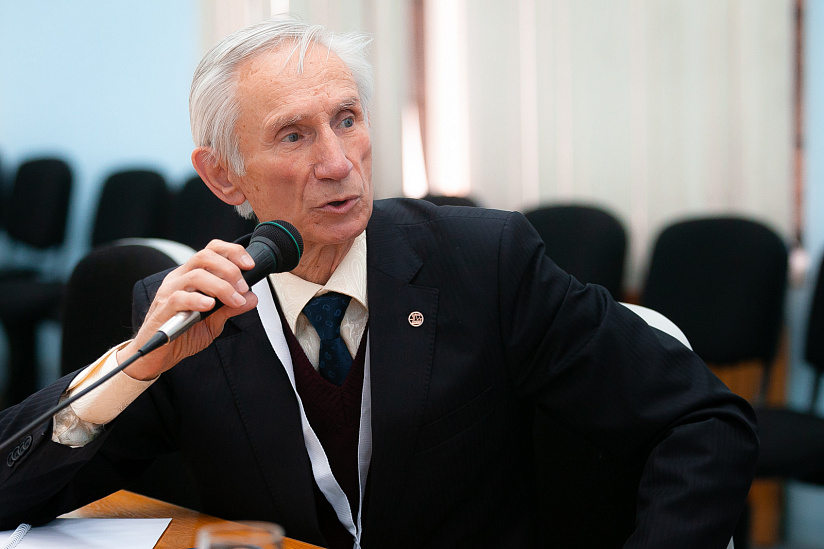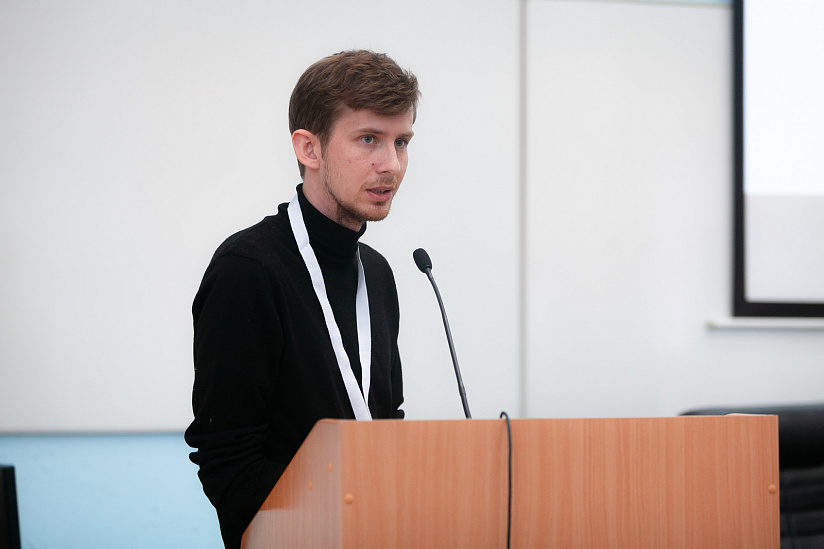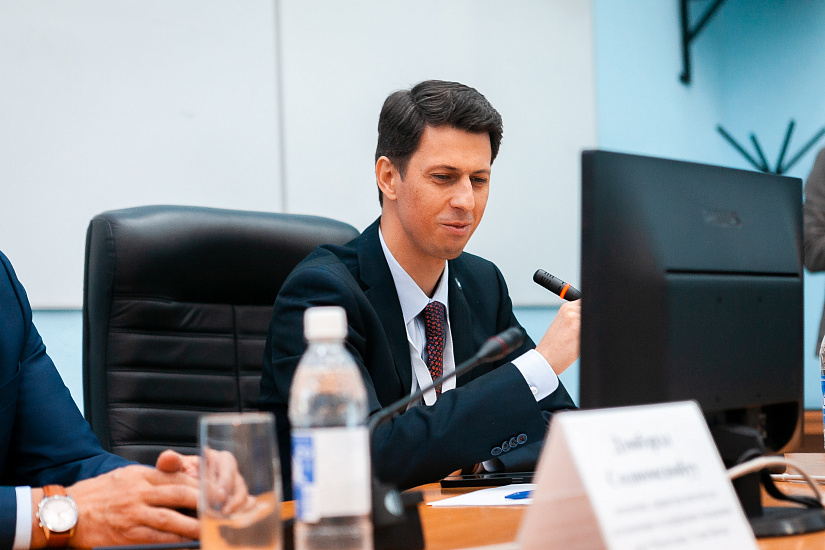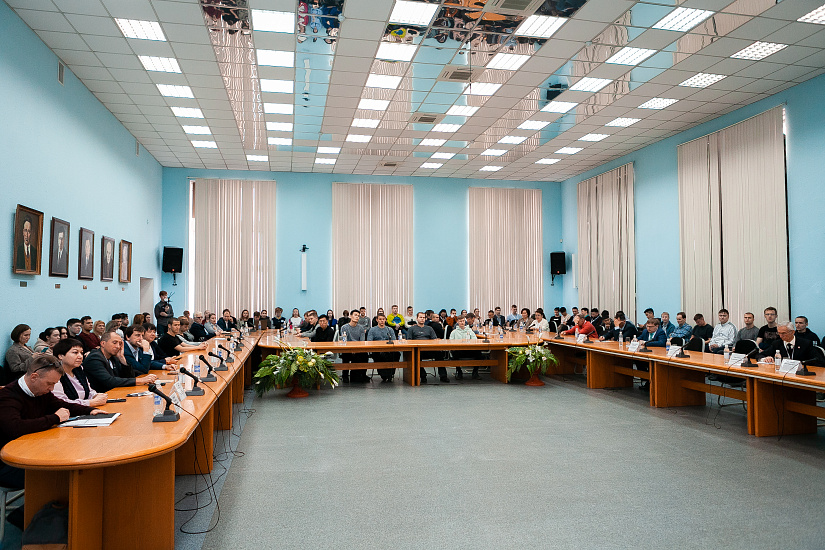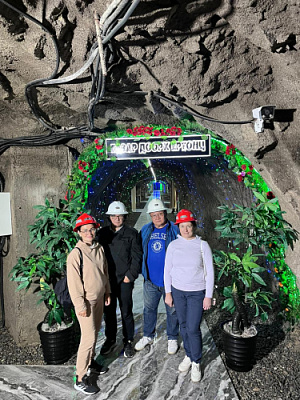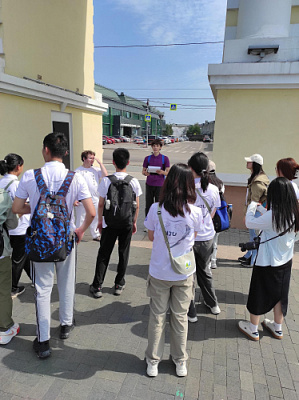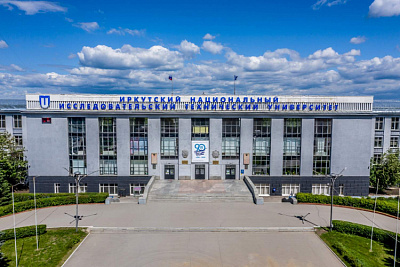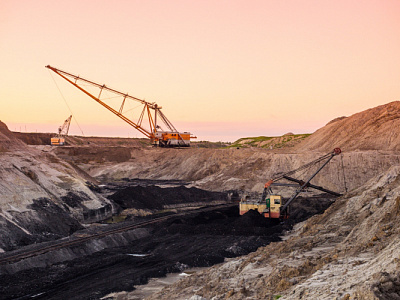IPolytech conference: researcher Dmitry Shadrin spoke about the application of artificial intelligence in technological processes
It should be noted that Dmitry Shadrin graduated from the Moscow Institute of Physics and Technology (MIPT) with a degree in applied physics and mathematics. The talented scientist works at the Skolkovo Institute of Science and Technology.
At the Polytechnic Institute, Dmitry works as a leading researcher at the Institute of Information Technology and Data Analysis. He is developing the end-to-end artificial intelligence technology for the implementation of strategic projects i.GeoDesign and i.DIT - Priority 2030 program.
At the event, Dmitry Shadrin presented his work on "Machine Learning and Computer Vision Technologies for Monitoring and Optimizing Technological Processes".
The polytechnic student devoted the introductory part of the report to the concepts of these technologies, their prospects and relevance. The speaker noted that the industry has seen an increase in the use of machine learning and deep learning. This is due to the large amount of data that is in the public domain, as well as the creation of frameworks that allow complex algorithms to be run.
Then Dmitry Shadrin spoke about the application of artificial intelligence technologies in the Flotation and Flotation Reagents scientific laboratory, a joint project of IRNITU, Skoltech, the TOMS Research Institute of Polytechnics, and the A.E. Favors Institute of Chemistry. A.E. Favorsky Institute of Chemistry SB RAS.
Translated with www.DeepL.com/Translator (free version)
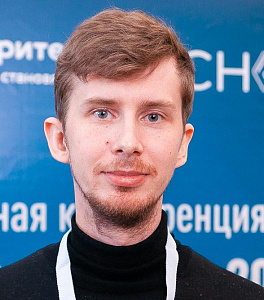
"The laboratory is equipped with a flotation machine that allows us to enrich crushed ore with gold inclusions. To optimize this process, we developed an artificial intelligence algorithm based on the application of Bayesian approaches.
The algorithm optimizes flotation agent concentrations and process regimes. In addition, we developed a computer vision system for automated quantification of the deposition rate of crushed ore in sedimentation processes. This technique significantly reduces the influence of the human factor and speeds up the process of laboratory research.
We conducted a number of experiments with different parameters obtained on the basis of the AI algorithm, at 19 times we managed to achieve maximum extraction," says Dmitry Shadrin.
The scientist also presented one of the projects of the Skoltech Center for Applied Artificial Intelligence. Using neural networks, the center's employees predicted the dynamics of fire propagation for several days ahead with a resolution of 1 km.
For this purpose, the researchers needed data on vegetation types, altitude, slope direction, road density, rainfall, temperature, wind speed, etc.
"Artificial intelligence technologies are actively used to predict plant growth dynamics, as well as in the construction of spatial maps of water pollution. To determine water quality, we first identify key indicators, then use them to build a hybrid indicator," the scientist added.
